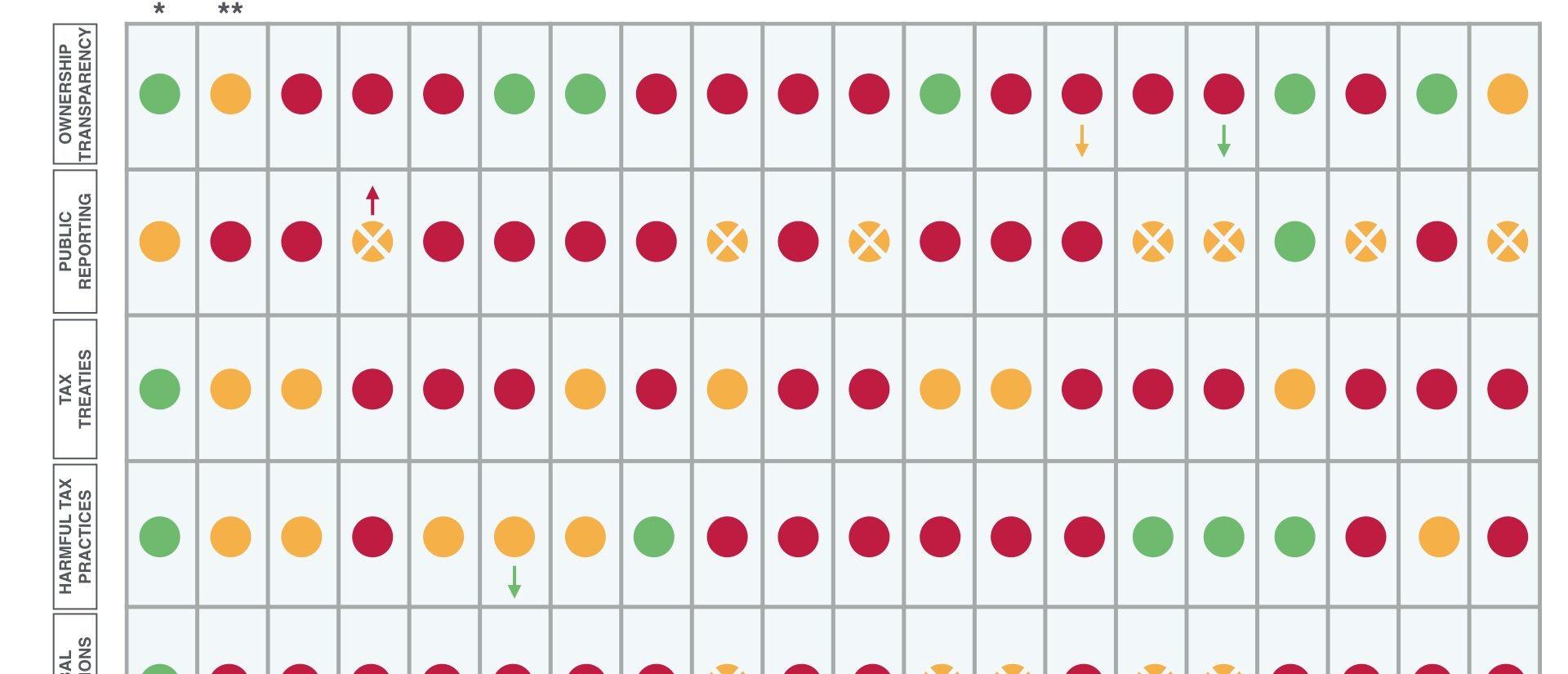
EU’s secret ’sweetheart’ tax deals with multinational corporations soar to record numbers
Advanced pricing agreements between EU governments and multinational companies have rocketed to record numbers, according to new figures released by the European Commission. This comes after such deals have been at the centre of several tax scandals, as well as state aid cases that the European Commission has launched against EU Member States, involving alleged loss of millions of Euros in tax income. Most strikingly, the number of unilateral agreements – which are the most problematic kind – increased dramatically, from 1252 at the end of 2015, to 2053 at the end of 2016. This is a jump of 64 per cent.
European Commision press release: Statistics on APAs in the EU at the end of 2016
Tove Maria Ryding, Tax Justice Coordinator at the European Network on Debt and Development (Eurodad)(opens in new window) said: “These figures are shocking. It seems that no amount of high profile tax scandals will deter some governments from making secret tax deals with multinational corporations. It’s positive that the European Commission has launched state aid cases to try and stop a few specific deals, some of which have cost us many millions of Euros in lost tax income. But with the number of deals increasing so fast, there is obviously no way the Commission can keep up. Furthermore, just like the public, the Commission has very limited knowledge about the actual content of these highly confidential deals”.
Belgium no. 1
Belgium has now overtaken Luxembourg as the country in the EU with the highest number of unilateral APAs, with a whopping 1081 APAs in force at the end of 2016. Luxembourg is in second place, with 599 agreements, up from 519 at the same time in the previous year. Meanwhile, the Netherlands doesn’t even report on the number of agreements in force, but our estimates, based on extrapolations from existing data, suggest they should rank number 2 on the list behind Belgium.
Luxembourg, Netherlands and Belgium have all previously been subjects to state aid cases launched by the European Commission due to secret tax deals with multinationals. Last week, EU’s economic affairs commissioner, Pierre Moscovici, also named seven EU Member States as a cause of concern due to aggressive tax policies. They were Belgium, Cyprus, Hungary, Ireland, Luxembourg, Malta and The Netherlands.
Ryding said: ”It is not sustainable to have a corporate tax system that relies on secret bilateral deals between tax administrations and multinational corporations. Decisions made in one country can have impacts on corporate tax payments in other countries. Even worse, sometimes those other countries are some of the poorest in the world. The current transfer pricing system needs to be replaced with a corporate tax system which is transparent and less ambiguous. Until that happens, we must have public information about the content of APAs and other advance tax rulings issued to multinational corporations.”
Read more
- European Commision press release: Statistics on APAs in the EU at the end of 2016
- Eurodad research: New record numbers of EU tax sweetheart deals with multinational corporarations(opens in new window)
Do you need more information?
-

Jasper van Teeffelen
Researcher
Partners
Related content
-
 Europe leads the race towards a 0% corporate tax ratePosted in category:News
Europe leads the race towards a 0% corporate tax ratePosted in category:News Jasper van TeeffelenPublished on:
Jasper van TeeffelenPublished on: -
Tax games: the race to the bottom Published on:
 Jasper van TeeffelenPosted in category:Publication
Jasper van TeeffelenPosted in category:Publication Jasper van Teeffelen
Jasper van Teeffelen
-
 International action on tax evasion: from progress to counter movementsPosted in category:NewsPublished on:
International action on tax evasion: from progress to counter movementsPosted in category:NewsPublished on: -
-
 Sharp rise in secret ‘sweetheart tax deals’ with multinational corporationsPosted in category:NewsPublished on:
Sharp rise in secret ‘sweetheart tax deals’ with multinational corporationsPosted in category:NewsPublished on:

